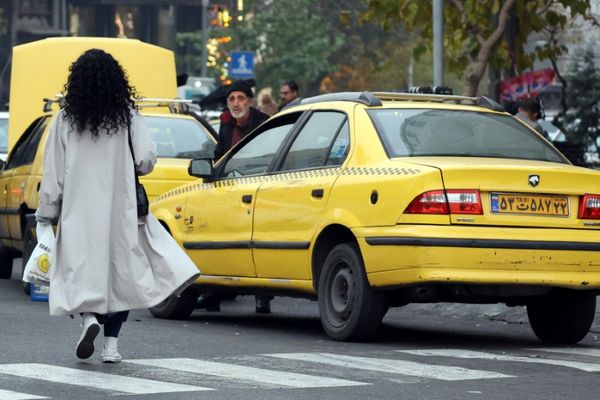
‘But why should we care about a practice that is being performed overseas?” It was a blunt question put to me by an audience member at a conference on female genital mutilation. Should we care because of a commitment to human rights? Our collective duty to prevent suffering? We have a moral obligation to end the practice in Britain and also to focus efforts on eliminating it globally.
After spending many years researching FGM, I have spoken to women who vehemently support it and those that actively resist it. If we are going to end FGM, it is important that we hear all women’s voices, however uncomfortable that may make us.
I argue in my new book, FGM: When Culture and Law Clash, that we should all care about FGM happening anywhere, because the practice is connected at home and overseas. The British government’s focus is predominantly on what takes place in the UK. There have been efforts to introduce more legislation – FGM was criminalised in Britain in 1985, with updates to the law in England, Wales and Northern Ireland in 2003 (2005 in Scotland) and 2015 – although there has only been one conviction, in 2019. Some government funding has been provided to grassroots organisations in the UK and the African-led anti-FGM movement, but not enough.

If our efforts mainly focus on protecting girls in Britain from FGM, then we will never end it. It is a global practice. Girls in the UK are taken abroad during the summer school holidays, which is known as the “cutting season”. One woman told me: “I have heard of parents taking their girls back to the home country, like a holiday, and something happens during the holiday and then they come back and they are not the same again.”
In some of these cases, children’s services or the police apply to the family courts to obtain an FGM protection order to stop them from leaving.
But families continue to evade the law, flying girls abroad under the pretence of visiting relatives. Some girls are taken to countries where FGM is medicalised. A charity worker told me: “We have certainly heard in Dubai that UK customers are their top customers for FGM.”
FGM performed abroad is a crime in the UK but police say that enforcing this is almost impossible due to evidential challenges and uncooperative families.
Given the international community’s pledge to end FGM by 2030 (as part of the UN Sustainable Goals), it is difficult to reconcile this with the UK government’s hostile approach to asylum seekers at risk. Sometimes, I feel like a broken record, stuck saying the same things for the last decade because I still see vulnerable women and girls denied asylum on the basis of FGM. This is the problem – we have not moved on.

There are no statistics on FGM asylum claims in the UK. According to the UNHCR, of the 25,000 girls and women seeking asylum in Europe in 2014, 71% had been victims. The UN refugee agency said that in 2011, more than 2,000 women claiming asylum in the UK were from FGM-risk countries – a quarter of female claims.
Many women and girls will be refused asylum and told to return to a country where FGM is a threat. This happened in one of my court cases, where I represented a mother (herself a victim of FGM) trying to protect her daughter from the same fate. Priti Patel, the home secretary, refused her asylum, resulting in costly litigation.
I represent many people who have had their asylum claims rejected. One woman who was refused asylum had fled from the Gambia, where she had been forced to become a “cutter”, performing FGM on others. She told me that she was cut aged seven and was deeply traumatised, “the screams that the girls do … sometimes I even scream and think there is blood all over my house, sometimes I will have the flashback that they are cutting someone”.
Our anti-FGM policy is disconnected from reality. The government needs to see FGM as not purely a British issue happening in a vacuum, but a global practice. British girls are cut here and abroad. Girls at risk seek safety in Britain, but they are refused the same protection as British girls. It is time our government was committed to protecting all girls and women. No girl is undeserving of living free from FGM.
Female Genital Mutilation: When Culture and Law Clash by Charlotte Proudman is published by Oxford University Press
Sign up for Her Stage to hear directly from incredible women in the developing world on the issues that matter to them, delivered to your inbox monthly:







